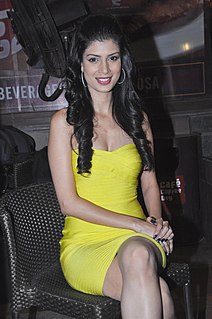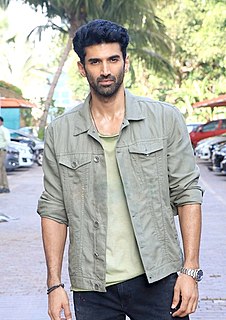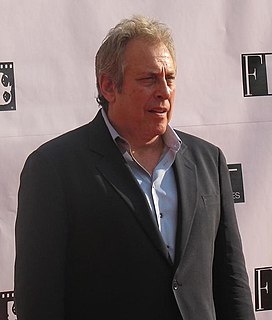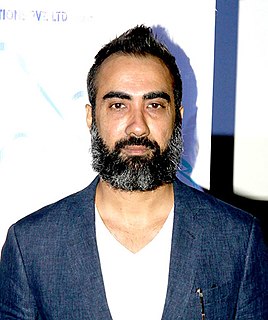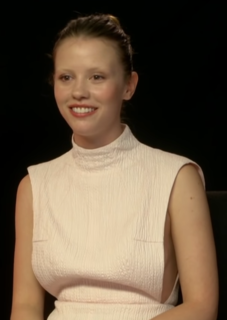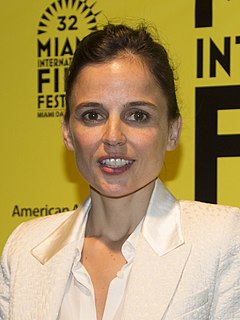A Quote by Tena Desae
Major differences in projects happen due to budget, director's styles, and genre of script, not industry.
Related Quotes
I came from advertising. For me it's about protecting the director's vision. That's always the goal. There's keeping things on budget and on time and dealing with selling the movie so that to me is a focus. But also it's about serving the script. We are genre filmmakers, those are the films we love to make, so my perspective is a little different.
With a good script a good director can produce a masterpiece; with the same script a mediocre director can make a passable film. But with a bad script even a good director can’t possibly make a good film. For truly cinematic expression, the camera and the microphone must be able to cross both fire and water. That is what makes a real movie. The script must be something that has the power to do this.
The way I pick movies is, first, if the script is any good. Then, if the script is good, who else is in it, the director, the producer, all that. If you have all that, there's a chance the movie will be great. If the script isn't right, or the director or cast isn't right, you've got no shot in hell.
